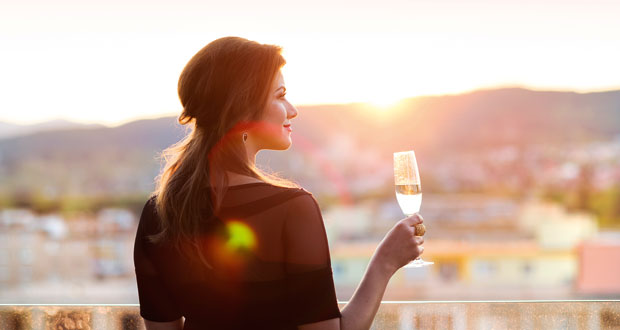An international hotel advertisement in the Sydney Morning Herald invites readers to get luxed on a stopover in Singapore. Those old enough to remember the ubiquitous bar of Lux soap might wonder if this is just an upgrade on the showers available in the business-class lounge. Those with shorter memories and a taste for abbreviation will read it as a rather more classy offering – i.e. luxury accommodation at a six-star hotel. In get luxed, there’s also a link with de luxe, and the verb lux(e) seems to channel both, so that you partake in something special when you luxe up or luxe out, registered in the Macquarie Dictionary (5th edition, 2009). You can get luxed at the Luxe Beauty Studio in Maryland, in the US, or in New Zealand at an establishment with the same name. In the UK, the comparable expression is be lush, which is what happens when you visit the Lush Salon for a fancy hair-do. There and everywhere, lush is an all-purpose adjective that can stand for luxurious (lush carpets), luxuriant (lush pasture) or luscious (lush ice cream). It can be used to refer to anything you approve of, such as a lush movie. But beware lush as a noun. While Urban Dictionary defines a lush as “a person who drinks frequently; not necessarily an alcoholic”, the Macquarie’s definition “a heavy drinker” pulls no punches.
Please login below to view content or subscribe now.
 Campus Review The latest in higher education news
Campus Review The latest in higher education news

